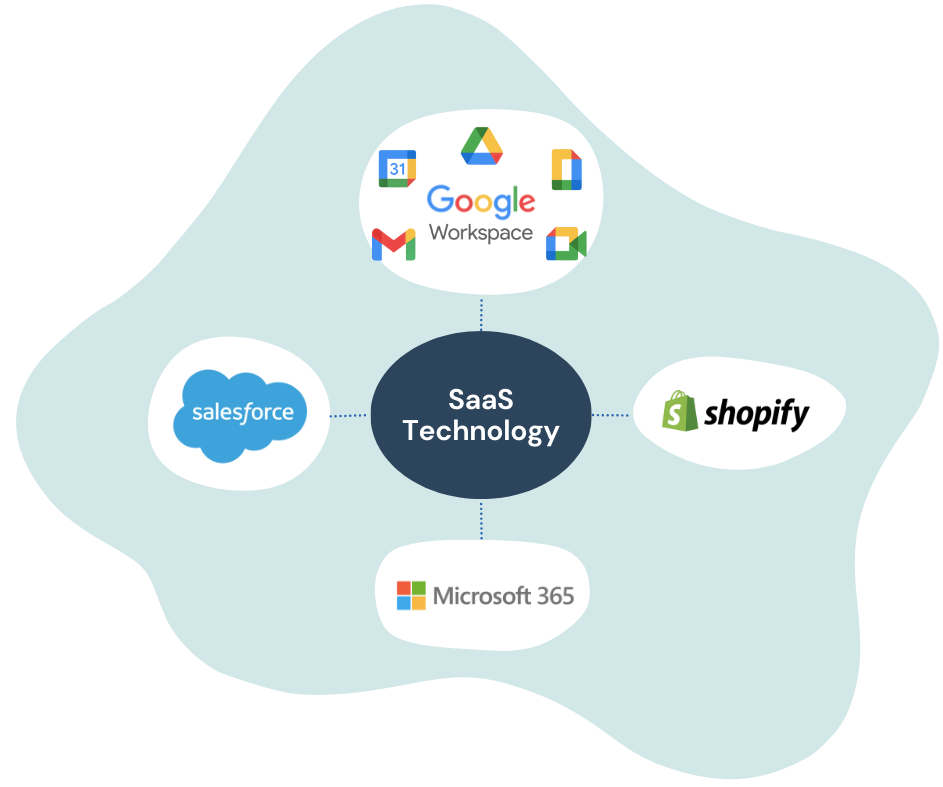
Revolutionizing Healthcare: The Impact of Software in Streamlining Hospital Operations
In an era where technology is rapidly reshaping industries, healthcare stands at the forefront of revolutionary change. The integration of cutting-edge software solutions has become a cornerstone in transforming the operational landscape of hospitals. This article explores the profound impact of software on streamlining hospital operations, ushering in an era of efficiency, accuracy, and improved patient care, both introduced by DevDefy, and other known industry leaders alike.
The Changing Face of Hospital Operations
Electronic Health Records (EHR):
Electronic Health Records have emerged as a linchpin in modern healthcare management. The transition from traditional paper records to digital EHR systems has not only expedited data access but has also significantly reduced the risk of errors. Healthcare professionals can now swiftly retrieve patient information, enabling faster decision-making and enhancing overall patient care.
Hospital Management Systems:
Comprehensive Hospital Management Systems are redefining how hospitals operate on a day-to-day basis. These systems streamline various administrative processes, including appointment scheduling, billing, and inventory management. By automating routine tasks, hospital staff can focus more on patient care, leading to increased efficiency and improved service delivery.
telehealth Solutions:
Telehealth has emerged as a game-changer, particularly in the wake of global events that have highlighted the need for remote healthcare services. Additionally, Telehealth solutions facilitate virtual consultations, enabling patients to connect with healthcare professionals without the need for physical visits. This not only provides convenience to patients but also contributes to reducing the strain on hospital infrastructure.


the rise of telehealth
Telehealth has gained prominence as a convenient and accessible means of healthcare delivery. Furthermore, virtual consultations allow patients to connect with healthcare professionals from the comfort of their homes, reducing travel time and improving accessibility. Additionally, geographical barriers are dismantled through telehealth, enabling patients to access specialized care from experts located globally. This is particularly beneficial for those in remote areas who may face challenges in accessing specialized medical services. Moreover, telehealth plays a vital role in the management of chronic diseases. Patients can receive regular check-ups and remote monitoring, leading to better disease management and an improved quality of life.
What is the impact of software efficiency and accuracy?
Reduced Administrative Burden:
Software solutions alleviate the administrative burden on healthcare staff, allowing them to dedicate more time to patient care. Automated processes, such as appointment scheduling and billing, reduce manual errors and enhance the overall efficiency of hospital operations.
Enhanced Communication and Coordination:
Integrated software fosters better communication and coordination among different departments within a hospital. Healthcare professionals can easily share critical patient information, ensuring a seamless flow of data that is crucial for timely and informed decision-making.
Data-Driven Decision-Making:
Software solutions provide hospitals with valuable data insights, empowering them to make informed decisions. Analytics derived from patient records and operational data enable hospitals to identify trends, optimize resource allocation, and enhance overall performance.
Conclusion
The integration of software in healthcare is revolutionizing the way hospitals operate, with profound implications for patient care and overall efficiency. Furthermore, from electronic health records to comprehensive management systems and the rise of telehealth, these software solutions are driving positive change. Additionally, as technology continues to advance, the healthcare industry is poised for further innovation, promising a future where software plays a pivotal role in enhancing the delivery of healthcare services and streamlining hospital operations. Moreover, this ongoing evolution underscores a commitment to a patient-centric approach and a continuous pursuit of excellence in healthcare delivery.












